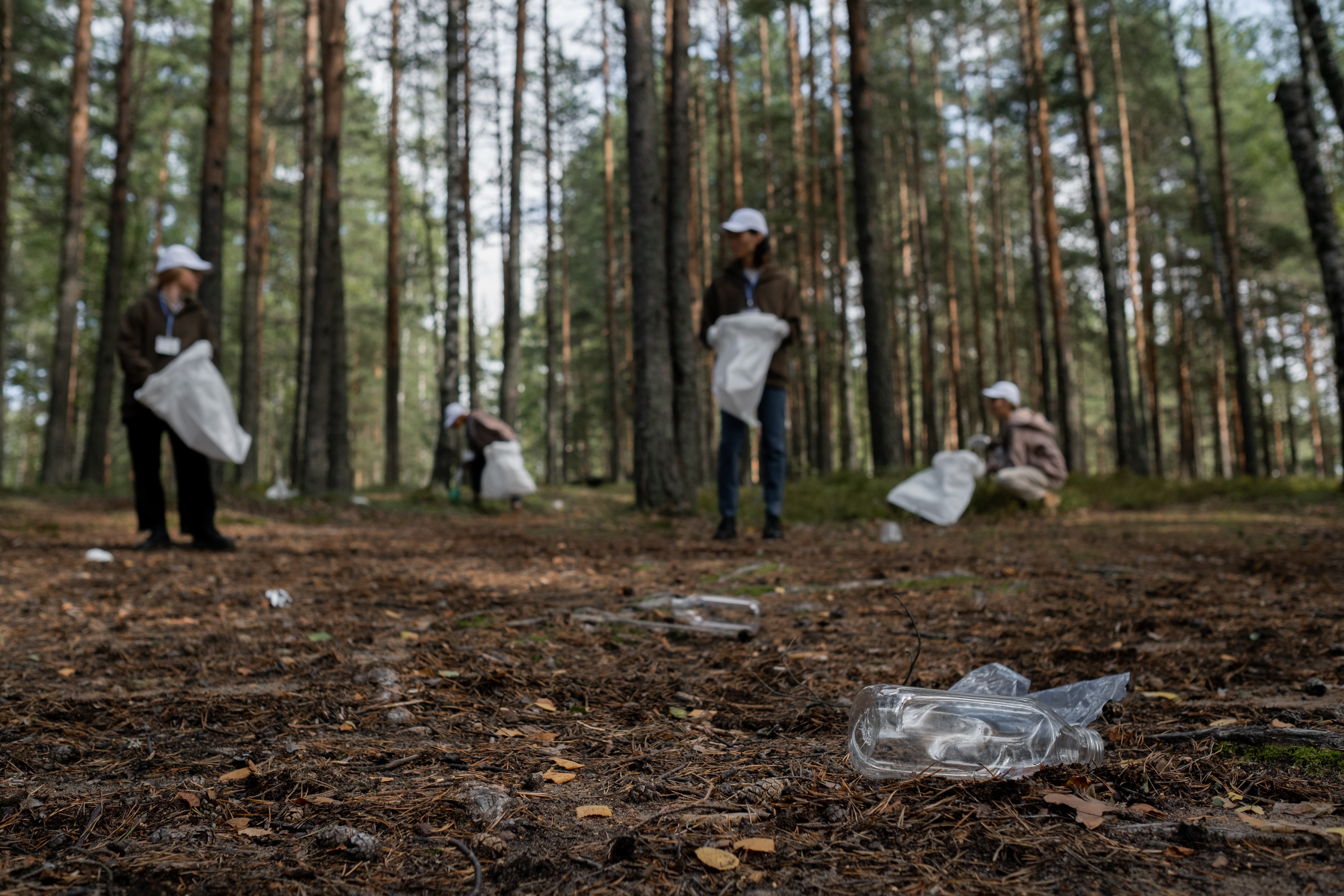Recycled plastic granules, also known as reprocessed plastic pellets, are a sustainable alternative to virgin plastic materials. They are produced by converting post-consumer or post-industrial plastic waste into small, uniform particles that can be used in various manufacturing processes. This article explores the concept of recycled plastic granules, their benefits, applications, and their role in promoting environmental sustainability.
Introduction
Recycled plastic granules are a vital component of the circular economy, which aims to minimize waste generation and maximize resource utilization. They offer a sustainable solution to the ever-increasing problem of plastic pollution. By transforming discarded plastic materials into reusable granules, we can reduce the demand for virgin plastics and decrease the amount of plastic waste that ends up in landfills or pollutes our oceans.
The Process of Recycling Plastic Granules
The production of recycled plastic granules involves several steps. First, plastic waste, such as bottles, containers, packaging materials, or industrial scraps, is collected. The collected plastic is then sorted, cleaned, and shredded into smaller pieces. These shredded plastic pieces are further processed to remove impurities like labels, adhesives, or non-plastic contaminants.
Once the plastic waste is clean and free from impurities, it undergoes a melting and extrusion process. The shredded plastic is melted and formed into long strands, which are then cut into small pellets or granules. These granules are cooled and solidified, ready to be used in the manufacturing of various plastic products.
Advantages of Recycled Plastic Granules
Recycled plastic granules offer numerous advantages over virgin plastic materials:
Environmental Benefits: By using recycled plastic granules, we conserve natural resources, reduce energy consumption, and minimize greenhouse gas emissions associated with the production of virgin plastics.
Waste Reduction: Recycling plastic waste into granules diverts it from landfills and reduces the environmental impact of plastic pollution.
Cost-Effectiveness: Using recycled plastic granules can be more cost-effective compared to virgin plastics, as the raw material is sourced from waste materials.
Versatility: Recycled plastic granules can be used in a wide range of applications, including packaging, automotive parts, construction materials, and consumer goods.
Applications of Recycled Plastic Granules
The versatility of recycled plastic granules allows them to be used in various industries and applications:
Packaging Industry: Recycled plastic granules are commonly used in the production of plastic bags, containers, bottles, and packaging materials.
Automotive Sector: They are utilized in manufacturing automotive parts, such as bumpers, dashboards, interior trims, and under-the-hood components.
Construction Sector: Recycled plastic granules find applications in the construction industry for producing pipes, profiles, decking, and insulation materials.
Consumer Goods: Various consumer goods, including toys, household items, furniture, and electronic devices, can be manufactured using recycled plastic granules.
Challenges and Considerations
While recycled plastic granules offer significant benefits, there are some challenges and considerations to be aware of:
Quality Control: Ensuring consistent quality of recycled plastic granules can be a challenge due to variations in the composition and contaminants present in the feedstock.
Contamination Issues: Contamination from non-plastic materials or different types of plastics can affect the performance and properties of the recycled plastic granules.
Limited Market Demand: The demand for recycled plastic granules heavily relies on the availability of markets willing to incorporate sustainable materials into their products.
Environmental Impact
 The use of recycled plastic granules has a positive environmental impact by reducing the reliance on virgin plastics and minimizing waste. It conserves energy, reduces carbon emissions, and helps in mitigating the harmful effects of plastic pollution on ecosystems. By promoting the use of recycled plastic granules, we can contribute to a more sustainable and greener future.
The use of recycled plastic granules has a positive environmental impact by reducing the reliance on virgin plastics and minimizing waste. It conserves energy, reduces carbon emissions, and helps in mitigating the harmful effects of plastic pollution on ecosystems. By promoting the use of recycled plastic granules, we can contribute to a more sustainable and greener future.
Conclusion
Recycled plastic granules are a valuable resource in the fight against plastic pollution. By transforming waste plastics into reusable materials, we can conserve resources, reduce waste, and promote environmental sustainability. The versatile applications of recycled plastic granules make them an excellent alternative to virgin plastics in various industries. Embracing this eco-friendly solution is a crucial step towards building a more circular and sustainable economy.



